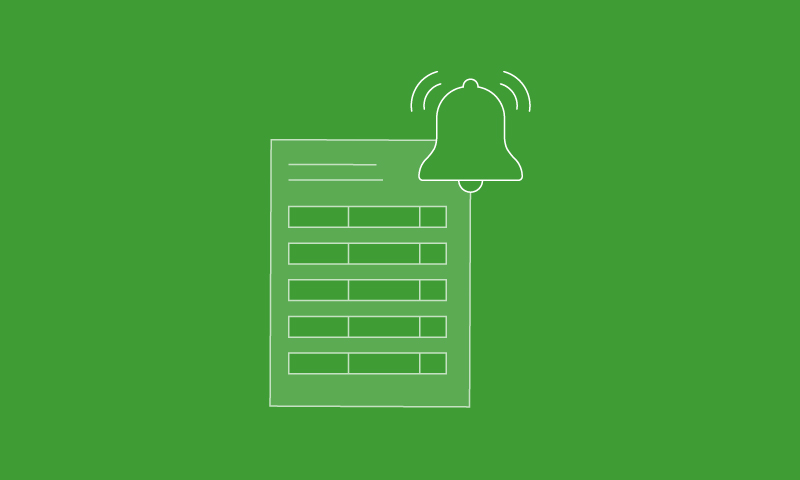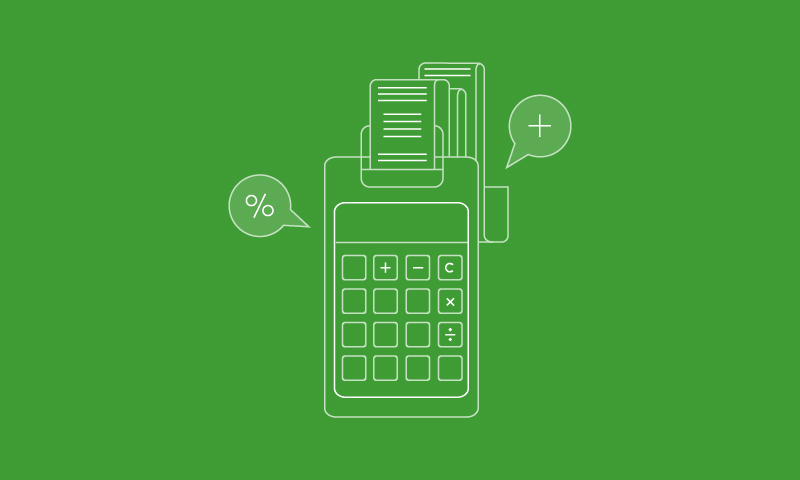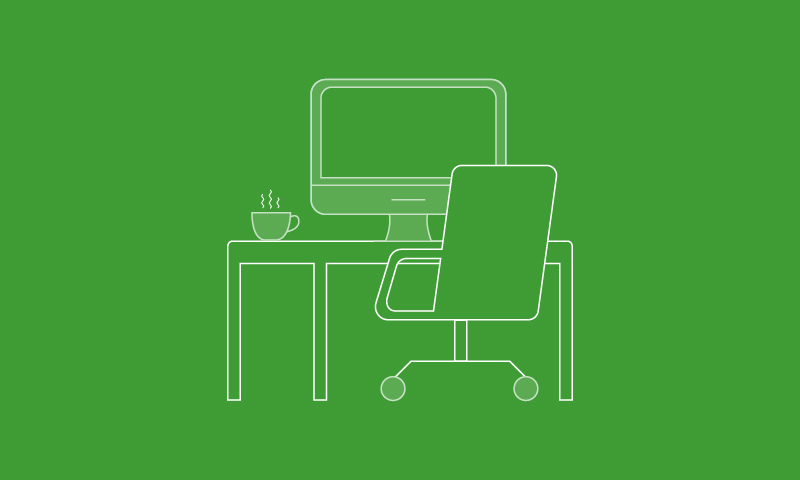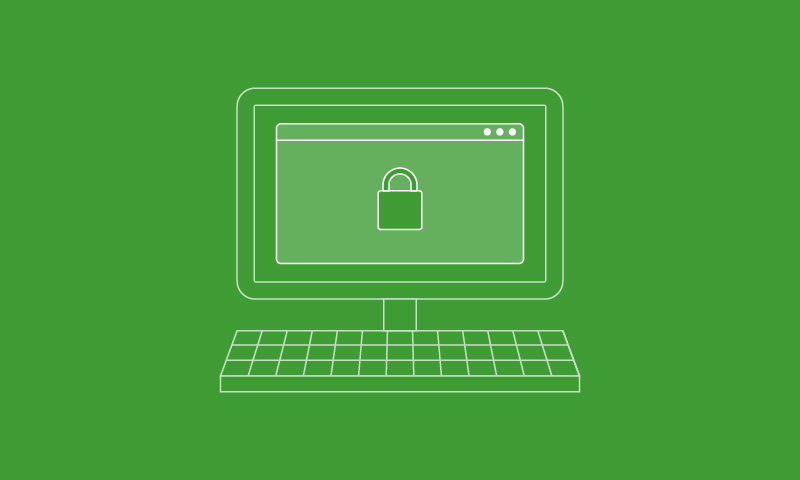28 September 2018
For all employers, payroll is a critical aspect of their business and yet it is just one of many items that require focus and attention. This often results in processes simply becoming a routine. Whilst this is understandable, it is extremely useful to find time and do some housekeeping. This self audit allows for processes to be reviewed to ensure that they are still working in the best way for the business, as well as being the most streamline, efficient and risk free.
When conducting such reviews, it is worth considering the whole process from end to end. Here are some specific areas to consider when auditing your work.
1. Security
With payroll involving highly sensitive data it is always wise to regularly review who has access to the information and how the data is used. It is important to ensure that only those who truly need to have the information have access to it. Keeping tight control on this reduces risk of a data breach. It’s also wise to consider how data is captured and held. Is there a secure HR system that can feed the payroll or is there a secure way of sharing the information if outsourced? Where possible try to use secure systems that use logins and passwords to exchange data.
2. Payroll timings
Every business will have internal cut offs for payroll changes within a pay run. It is also common practice to have a full schedule throughout the month to ensure specific steps are met in line with pay dates and regulations. Although payroll requires such deadlines, it is worth remembering that there is some flexibility and it has to work for each touch point of the business. Having conversations between HR/finance/outsourced third parties and reviewing the schedule regularly can assist in ensuring each step has enough time allocated to it to be performed with accuracy and also ensure that it doesn’t impact other areas of the business negatively.
3. End-to-end process
Running through the data flow from end-to-end is always useful for pinpointing any weak areas or inefficient processes. Starting at where data is captured and following the steps through to physically paying employees, pinpoint who is responsible and how are they performing that task. As each step is reviewed, consider if there are any simpler and more effective ways of completing that task. This regular check to ensure the process is streamlined end-to-end can really save time and resource for a business.
4. Training
Ensure that the team responsible for payroll are regularly offered training to assist them complete this effectively. Whether that be system or knowledge based training, it offers the right tools to ensure the job is being carried out in the best way possible.
5. Pensions
One area that is particularly important to review carefully will be pensions. Since the introduction of auto-enrolment, employers are responsible for ensuring their staff are assessed and entered into schemes at specific times. This has brought more tasks to many businesses payroll process. As such it often helps to audit the schemes and ensure that all parties such as the business, payroll team and pension provider are aligned. Things to check may be pension contributions, opt outs, assessment reports and ensuring legislation requirements (such as minimum contribution increases) have been carried out.
Although self-auditing a payroll process can be a big and potentially time consuming task it will assist in saving time, resource and money in the long term. By ensuring the process is accurate and streamlined it will work better for a business. If you have any questions regarding the above, please contact Simon Balaam.









